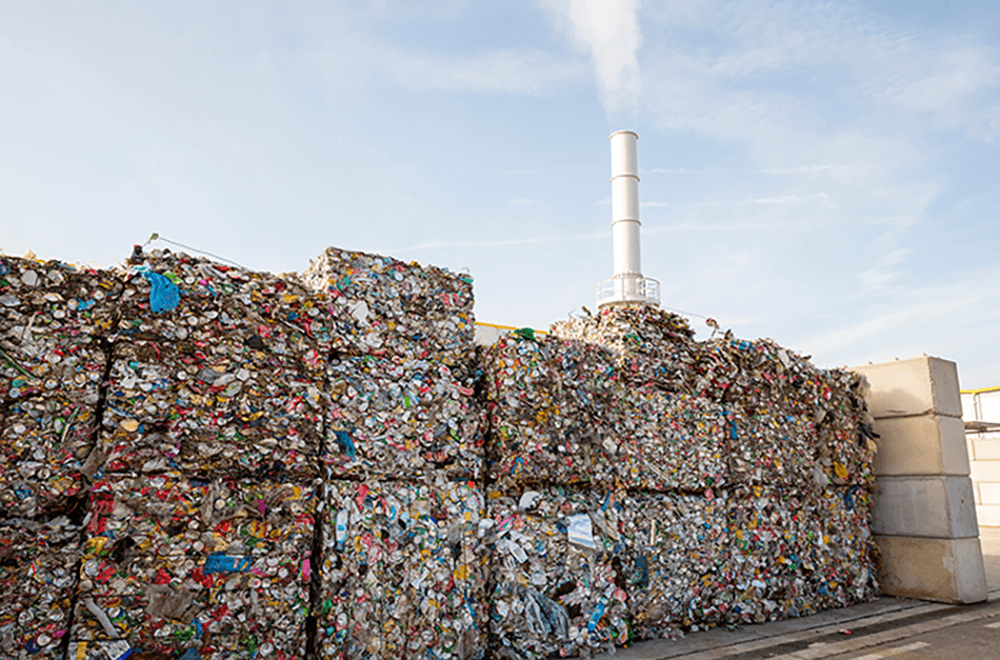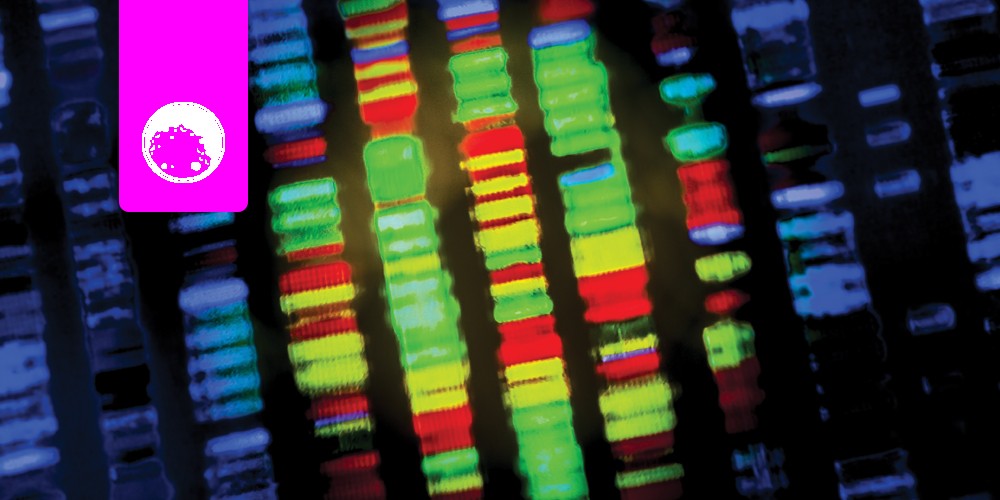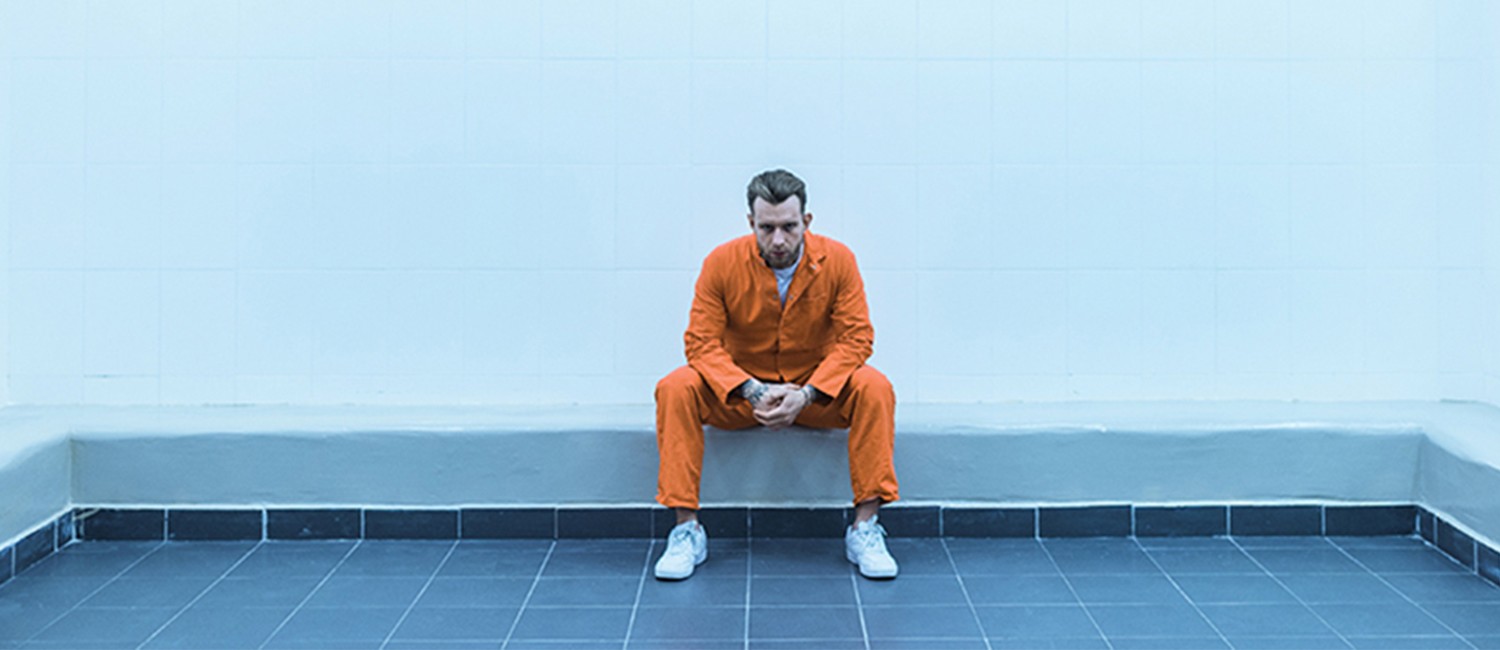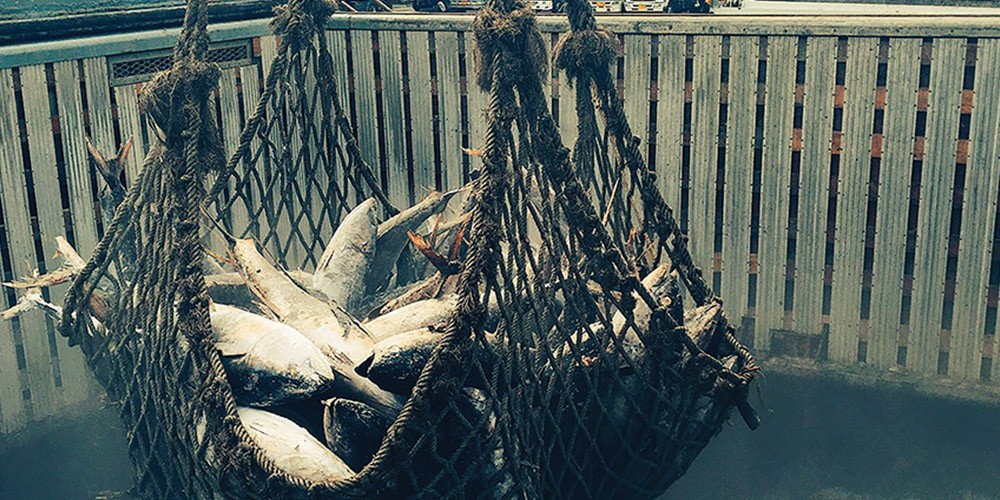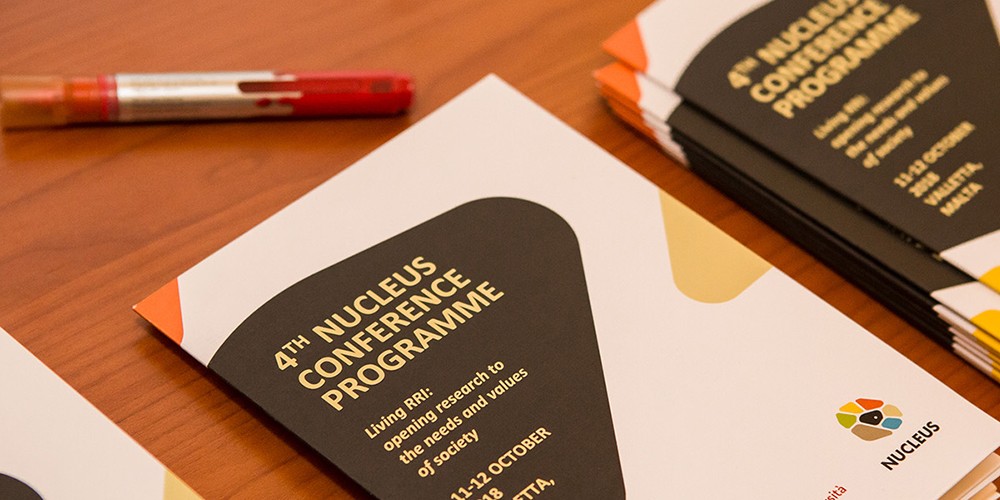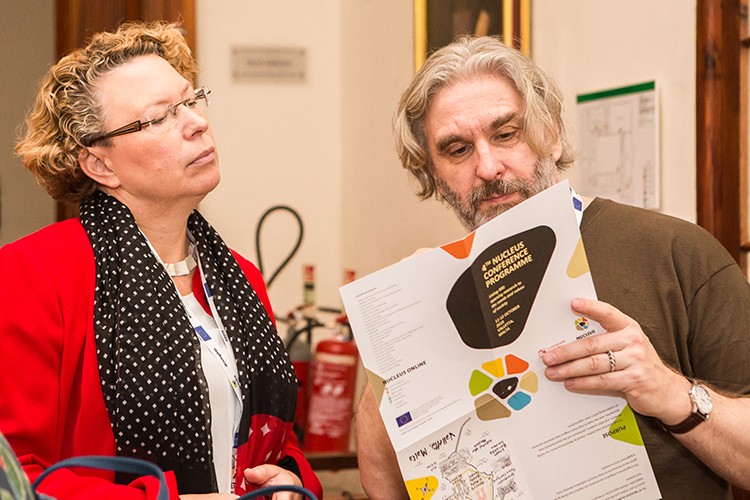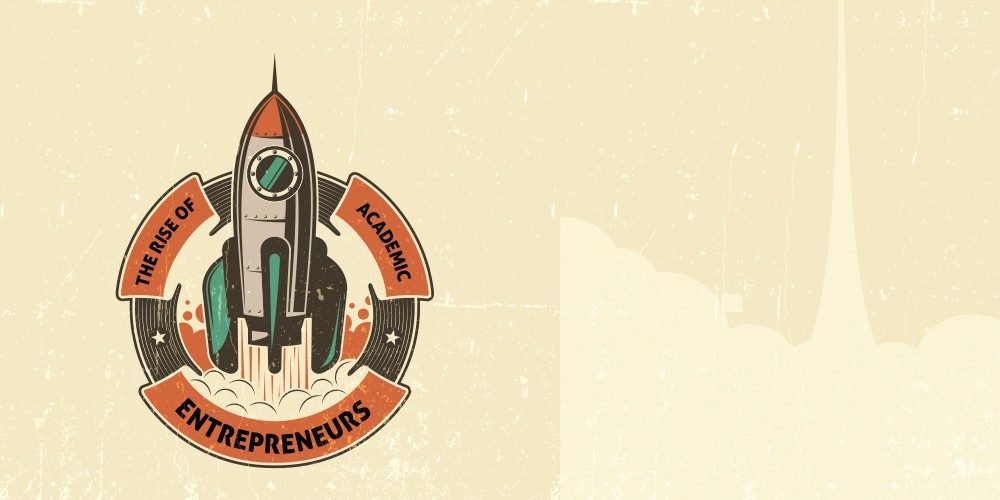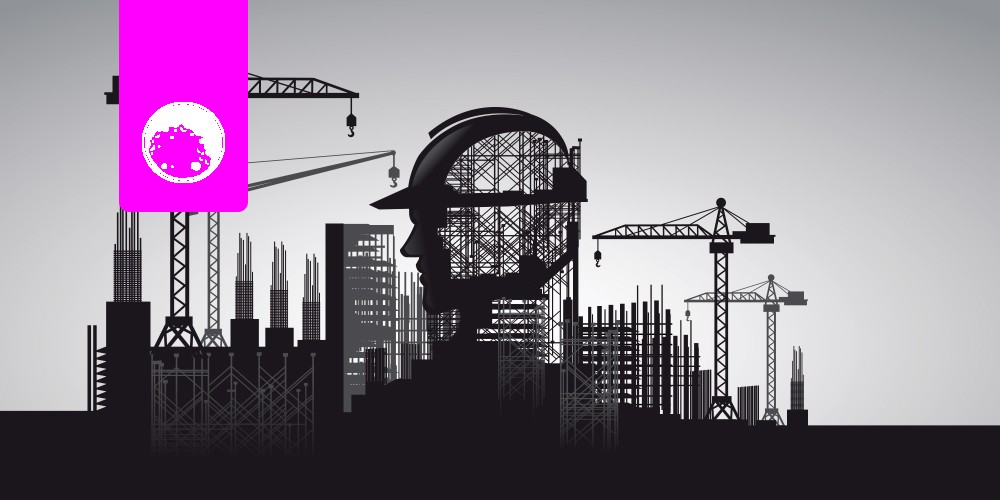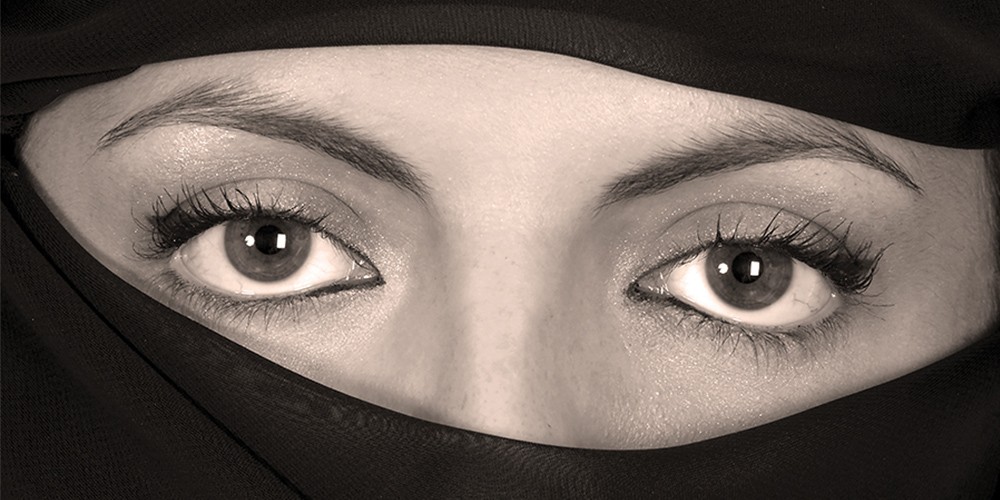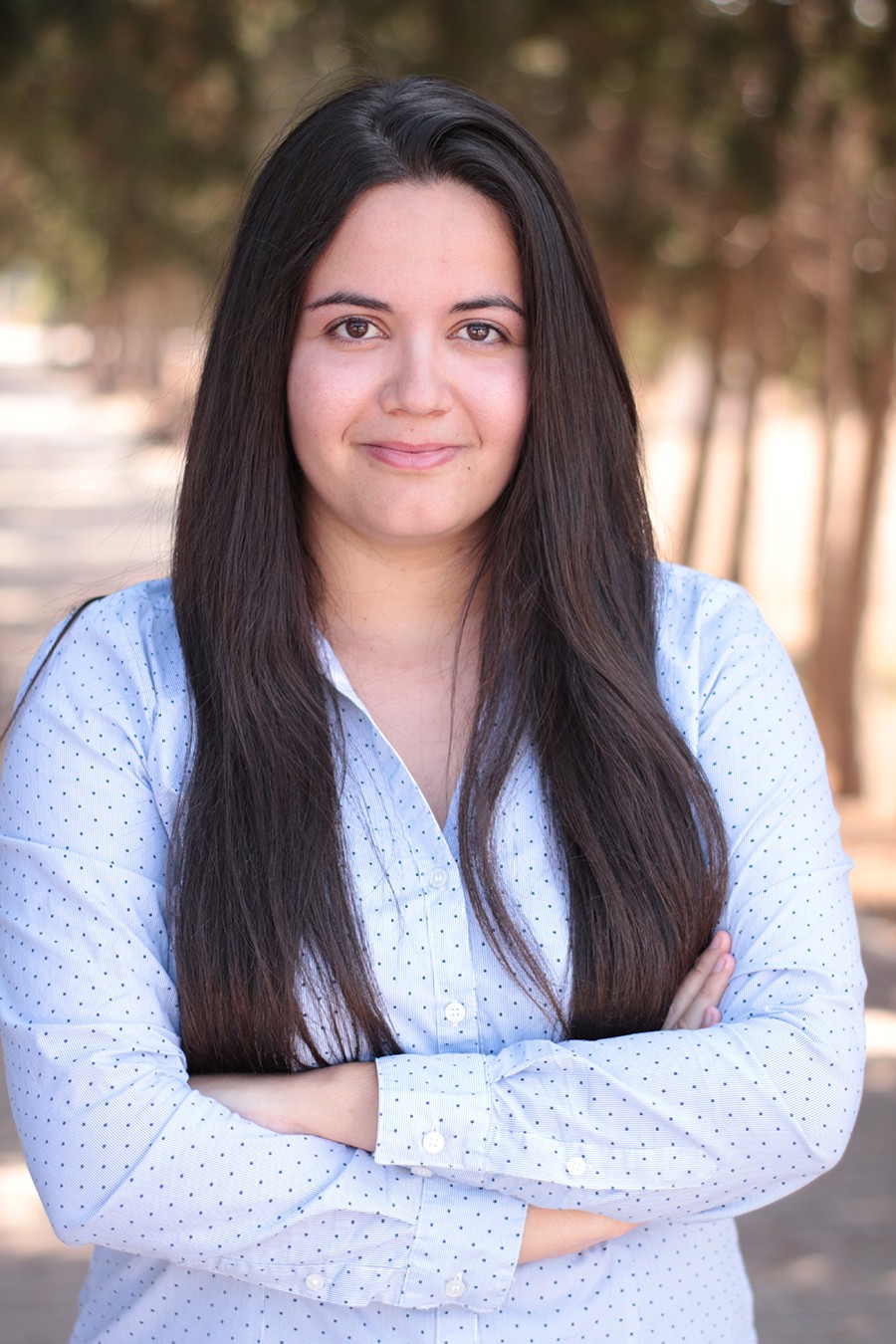Author: Dr Pat Bonello

The theme of this edition of THINK magazine is meant to evoke feelings of belongingness, identity, warmth, and solidarity. Our home is usually a place associated with these positive feelings: a place where I can be myself and, in a safe environment, develop into the me I want to be. This is something valuable, something which we should safeguard passionately. At the same time, as a social worker, I know many people for whom ‘home’ does not have such positive connotations.
The people that come to mind are abuse victims, children and adults living with domestic violence. For them, ‘home’ means suffering, often accompanied by a feeling of helplessness. Others find ‘home’ a difficult concept. Think of people who cannot make ends meet, who have difficulty paying their rent, who cannot afford to buy their own house because of high property prices. Then there are those who can no longer live in their own house because they are unable to look after themselves, be it because of old age or health issues. There are members of broken families who have difficulty identifying their home, asylum seekers who left home behind, and people who have lost a family member and now associate ‘home’ with sadness.
Everybody needs a place where he or she feels ‘held’ and safe enough to develop his or her potential. But if ‘home’ does not fit this bill, where will this environment be?
This is where a network of social solidarity, both formal and informal, comes into play. Alternatives for people with issues related to the concept of ‘home’ include foster placements, shelters, or other residential facilities. But these services are tasked with much more than providing mere accommodation. They need to create an environment which meets the needs of the persons who live there. They need to provide a safe space for people to come in, be themselves, and develop their potential.
For those who don’t need to move out of their current home, options include support and professional interventions, such as family therapy, to deal with the sadness associated around the home, or to improve the dynamics within it. Social service providers in Malta and Gozo carry a lot of responsibility. Unfortunately, the supply does not always meet demand, and some people have to wait considerably before being able to move into more comfortable and nurturing placements—sometimes while living in abusive environments. In other situations, the necessary support is not readily available, as in the cases of asylum seekers and homeless people who need a roof over their head.
While formal support is important and necessary, all Maltese citizens need to share the responsibility and offer a helping hand without judgement. That way, Malta will be able to nurture communities that work together to create ‘homes’ which cherish everyone, respecting their dignity and worth and encouraging them to flourish.

